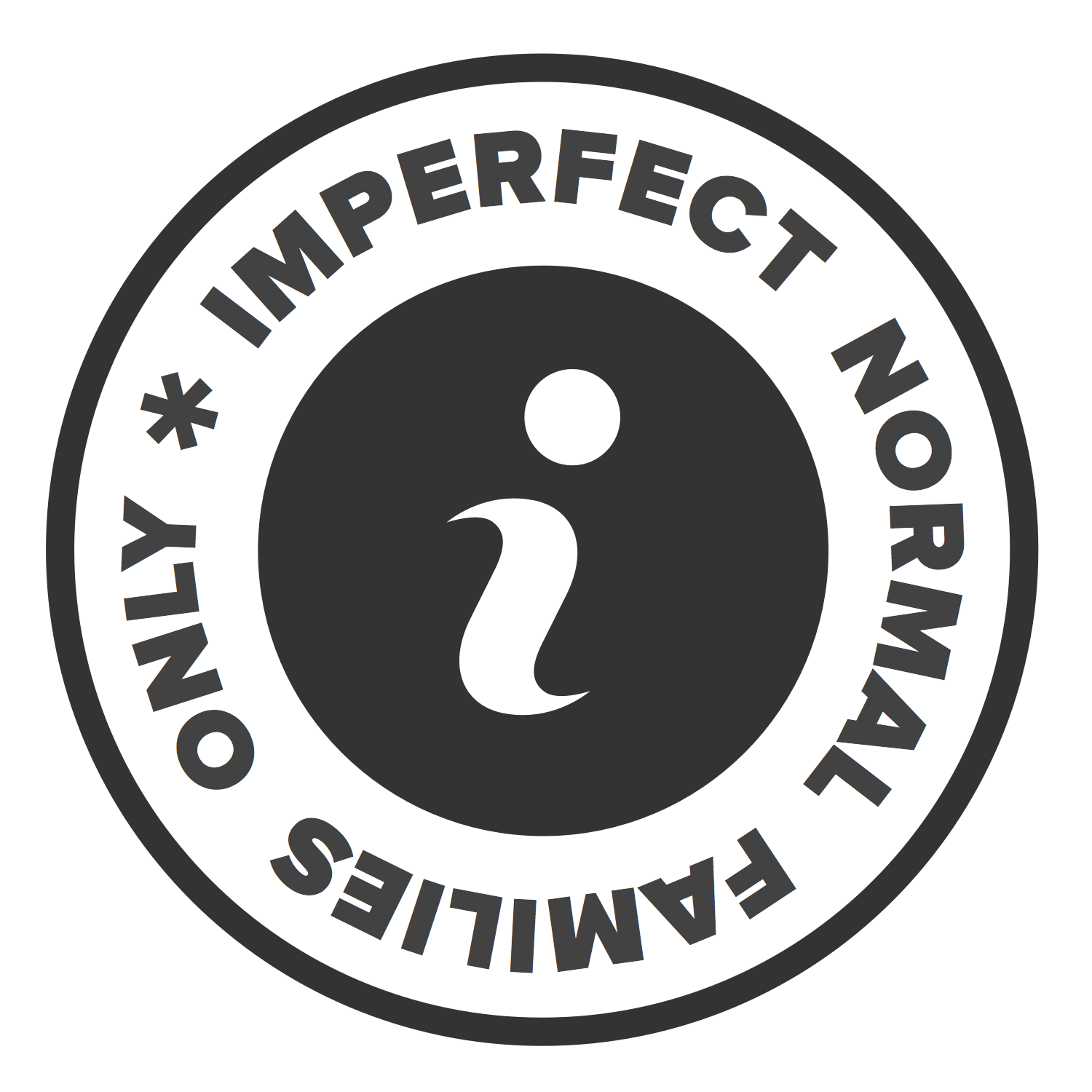"The Bachelor" is Missing the Point Entirely
The big problem with "The Bachelor" has nothing to do with Juan Pablo Galavis' comments about homosexuality.
If you haven't been paying attention, you may have missed that Galavis, the next hottie on "The Bachelor," got into hot water over the weekend. He expressed that he was against there ever being a gay version of the show. In an informal interview by The TV Page’s Sean Daly, Galavis said the following about gay relationships: “I don’t think it is a good example for kids to watch that on TV.”
In our culture, a comment like this is going to get some attention. Just ask the Duck Dynasty people.
ABC and the show's producers distanced themselves from Galavis. The public declared him intolerant. The pundits weighed in. Of course, as we would expect, he has since apologized. Or clarified what he meant. Whatever.
In my mind, his comments and the indignation proclaimed by the producers of the show are missing the point entirely.
A few days ago, actor Dave Holmes posted on Twitter: "What The Bachelor says about straight people is far more damaging than anything Juan Pablo could say about gay people." Think on that for a minute. The people who make The Bachelor are basically declaring that Galavis' views are not conducive to healthy, meaningful relationships in the 21st century. As if they would know.
The people who make The Bachelor are claiming the moral high ground for what makes a good relationship. Does anyone else see the twisted irony of that?
This is the show that claims to help one lucky guy find lasting love by offering a lineup of beautiful, eligible women in some of the most romantic settings imaginable. How's that working for them? (The show has had 15 of its 17 couples break up, including going 0 for 12 in the first 12 seasons.)
This is the show that has women putting all their hope into being chosen, getting a rose, being declared valuable by the bachelor. I would argue that what they really need is to find their value in who God says they are...not a handsome guy. (All but one will leave crying, feeling an enormous sense of rejection, probably because their rejection is seen by seven million people on national TV.) Sorry for preaching.
This is the show that has the Bachelor "try on" each of the girls physically. Kissing and intimate contact is expected with each of the candidates. There is even the "overnight date" toward the end of the show where the lucky guy gets to spend the night with the finalists. (I wonder how tense the room gets when the show is finally broadcast and the newly engaged bachelor is sitting with his fiance' - the winner - and she gets to watch him go into the bedroom with the other girls? Talk about awkward. No wonder the couples all seem to break up in the months after the show airs.)
And the people who make this show get up in arms when one of their stars makes a comment about homosexual relationships. Unbelievable. I would suggest that what The Bachelor is deliberately doing to our perception of heterosexual relationships is far worse.
I know it's just a show. I know it's just entertainment. I get it. But millions of people (particularly impressionable young women) are watching. And they are eating it up. The Bachelor only serves to remind us that our culture's process for finding a mate and the values that get us there are on very shaky ground.
It just troubles me that when a TV star questions the health of homosexual relationships, everyone screams, "That's not right!" But so many people set their DVRs every week to watch a show that celebrates a ridiculous version of courtship and marriage. And few ever consider that it might be slowly but significantly shifting our thoughts of what true love must and should be. God help our kids.
Q. Can anybody help me to see anything redeeming about this show? Seriously. Help me out.
*Check out my brand new book: The Talk(s): A Parent's Guide to Talking about Sex, Dating, and Other Unmentionables. It has been developed to assist parents as they help their kids navigate our hyper-sexualized culture. Whether your kids are 6 or 16, it provides practical help to help your kids to make wise choices in a messed-up world.
*And we always appreciate it when you share INFO posts on social media. If you want more from INFO for Families, you can subscribe on our home page, like our Facebook page, follow us on Twitter, or even find us on Pinterest.

